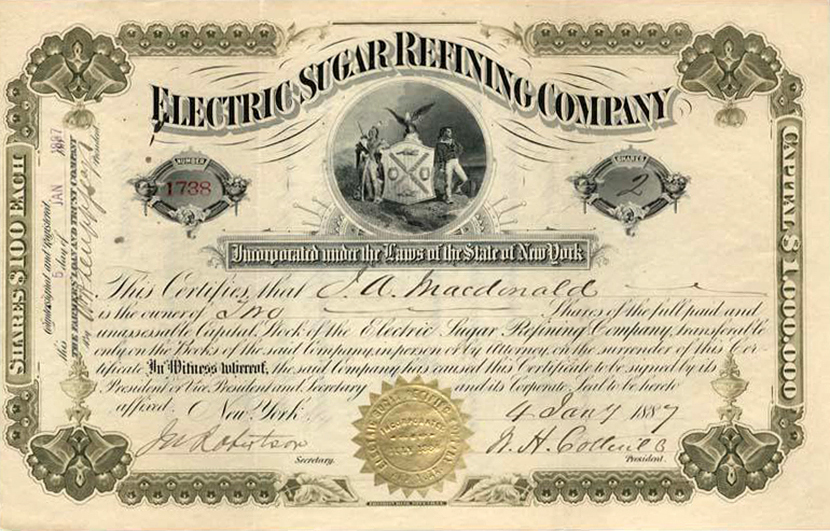James D. McCabe (1842–1883)
From Writing New York: A Literary Anthology

A recent article on the NPR website argues that “the 1800s were the Golden Age of schemes.” The term “confidence man” (or “con man”) was coined in 1849, and already in 1857 Herman Melville used the term for the title of his latest (and last) novel—published on April Fools’ Day, no less. During the 1880s the Electric Sugar Refining Company offered investors the chance to get rich off a wholly imaginary method of processing sugar that resulted in little more than an empty warehouse and half a million dollars up in smoke. And, at the dawn of the twentieth century two men, in two separate cases, were convicted of selling deeds to the Brooklyn Bridge to gullible tourists and immigrants.
“There is no city in the Union in which impostors of all kinds flourish so well as in New York,” wrote James McCabe—and he published an 850-page “guidebook” that contains a disproportionate amount of cautionary advice for newcomers to the City. He himself had arrived shortly after the end of the Civil War from Richmond, Virginia, and experienced firsthand the sting of the sting. In our current Story of the Week selection, McCabe’s essay on “Impostors” examines the breed of con artists who manufactured identities or fabricated credentials for financial or social gain.



